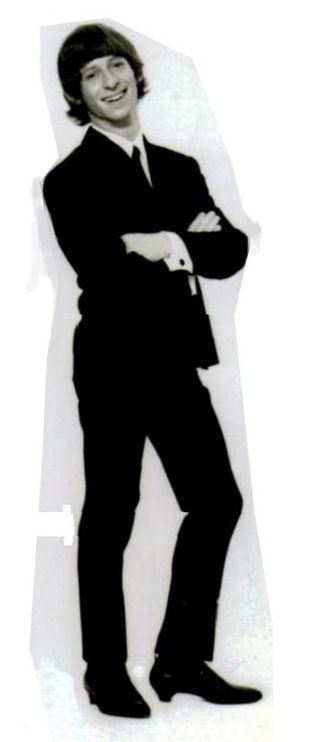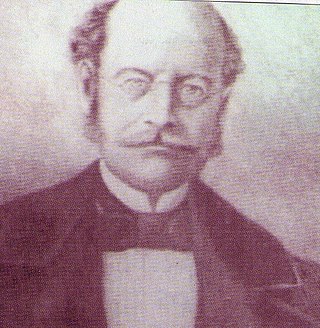
Club Atlético Peñarol —also known as Carboneros, Aurinegros, and (familiarly) Manyas— is a Uruguayan sports club based in Montevideo. The name "Peñarol" comes from the Peñarol neighbourhood on the outskirts of Montevideo. Throughout its history the club has also participated in other sports, such as basketball and cycling. Its focus has always been on football, a sport in which the club excels, having never been relegated from the top division. The club traditionally plays in yellow and black-striped shirts.

González is a Spanish surname, the second most common in Spain, as well as one of the five most common surnames in Argentina, Chile, Mexico, Paraguay, and Venezuela, and one of the most common surnames in the entire Spanish-speaking world. As of 2017, it is the 13th most common surname in the United States.
Nunez is the anglicized form of the Spanish surname Núñez. The Portuguese variant is Nunes. Notable people with the name include:
Rodríguez is a Spanish patronymic and a common surname in Spain, Latin America. Its Portuguese equivalent is Rodrigues.

Paysandú is an Uruguayan city and the capital of Paysandú Department in western Uruguay.

Suárez is a common Spanish surname, widely spread throughout Latin America as a consequence of colonization. In origin it is a patronymic meaning "son of Suero" or "son of Soeiro". It is derived from the Latin name Suerius, meaning "swineherd". The surname originates to the province of Asturias in northwest Spain. This surname is most commonly found in Mexico, Spain, Cuba, and Argentina.

Gaucho literature, also known as gauchesco ("gauchoesque") genre was a literary movement purporting to use the language of the gauchos, comparable to the American cowboy, and reflecting their mentality. Although earlier works have been identified as gauchoesque, the movement particularly thrived from the 1870s to 1920s in Argentina, Uruguay and southern Brazil after which the movement petered out, although some works continued to be written. Gauchoesque works continue to be read and studied as a significant part of Argentine literary history.
Uruguayan Americans are Americans of Uruguayan ancestry or birth. The American Community Survey of 2006 estimated the Uruguayan American population to number 50,538, a figure that notably increased a decade later.

Osorio is a surname of Spanish, Portuguese and Basque origins. One meaning of the name is “hunter of wolves”. Notable people with this surname include:

Italian Uruguayans are Uruguayan-born citizens who are fully or partially of Italian descent, whose ancestors were Italians who emigrated to Uruguay during the Italian diaspora, or Italian-born people in Uruguay. Outside of Italy, Uruguay has one of the highest percentages of Italians in the world. It is estimated that about 44% of the total population of Uruguay are of Italian descent, corresponding to about 1,500,000 people, while there were around 90,000 Italian citizens in Uruguay.

Hugo Fattoruso is a composer, arranger, multi-instrumentalist and vocalist. As well as developing a career as a soloist, he has participated and performed in many different genres: Trio Fattoruso, Hot Blowers, Los Shakers, Opa, Eduardo Mateo, etc. He has collaborated also with such renowned artists as : Airto Moreira, Abraham Laboriel, Manolo Badrena, Chico Buarque, Milton Nascimento, Ruben Rada, Djavan, etc.

The history of the Jews in Uruguay dates back to the colonial empire. The most important influx of Jewish population occurred during the end of the 19th century and the first half of the 20th century, mainly during the World War II.

The German community in Uruguay numbers ca. 10,000 German expatriates and 40,000 people of German descent. Most of them live in the Montevideo area, although there are German minorities in Paysandú, Río Negro, San José and Canelones.

Emigration from Uruguay is a migratory phenomenon that has been taking place in Uruguay since the early 20th century.

Hungarian Uruguayans are people born in Hungary who live in Uruguay or Uruguayan-born people of Hungarian descent.











